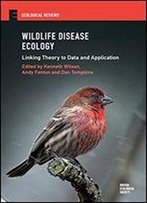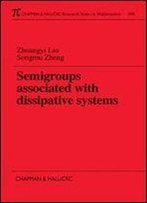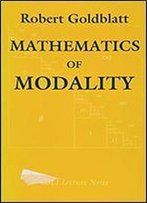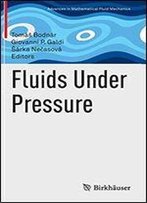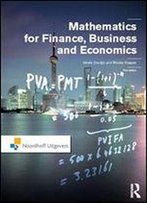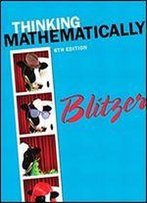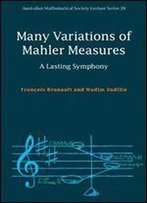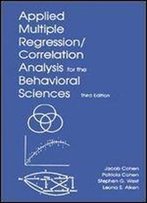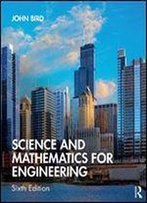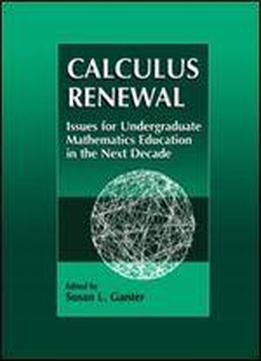
Calculus Renewal: Issues For Undergraduate Mathematics Education In The Next Decade
by Susan L. Ganter /
2010 / English / PDF
20.3 MB Download
Calculus Reform. Or, as many would prefer, calculus renewal. These are terms that, for better or worse, have become a part of the vocabulary in mathematics departments across the country. The movement to change the nature of the calculus course at the undergraduate and secondary levels has sparked discussion and controversy in ways as diverse as the actual changes.
Such interactions range from "coffee pot conversations" to university curriculum committee agendas to special sessions on calculus renewal at regional and national conferences. But what is the significance of these activities? Where have we been and where are we going with calculus and, more importantly, the entire scope of undergraduate mathematics education? In April 1996, I received a fellowship from the American Educational Research Association (AERA) and the National Science Foundation (NSF). This fellowship afforded me the opportunity to work in residence at NSF on a number of evaluation projects, including the national impact of the calculus reform movement since 1988. That project resulted in countless communications with the mathematics community and others about the status of calculus as a course in isolation and as a significant player in the overall undergraduate mathematics and science experience for students (and faculty). While at NSF (and through a second NSF grant received while at the American Association for Higher Education), I also was part of an evaluation project for the Institution-wide Reform (IR) program.


